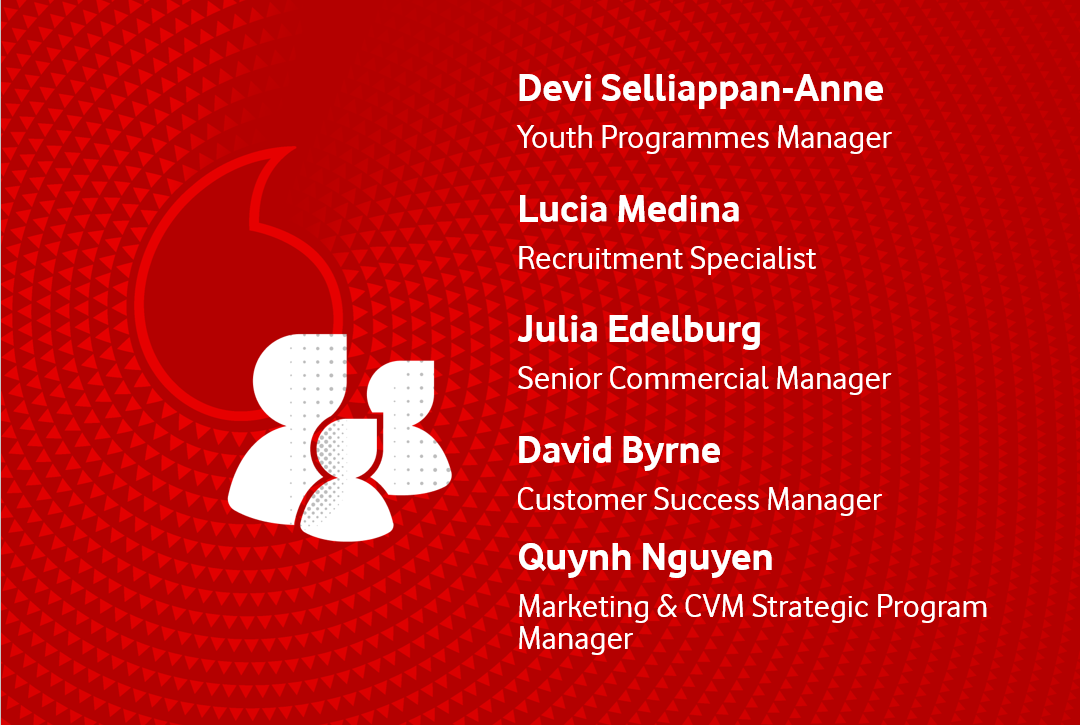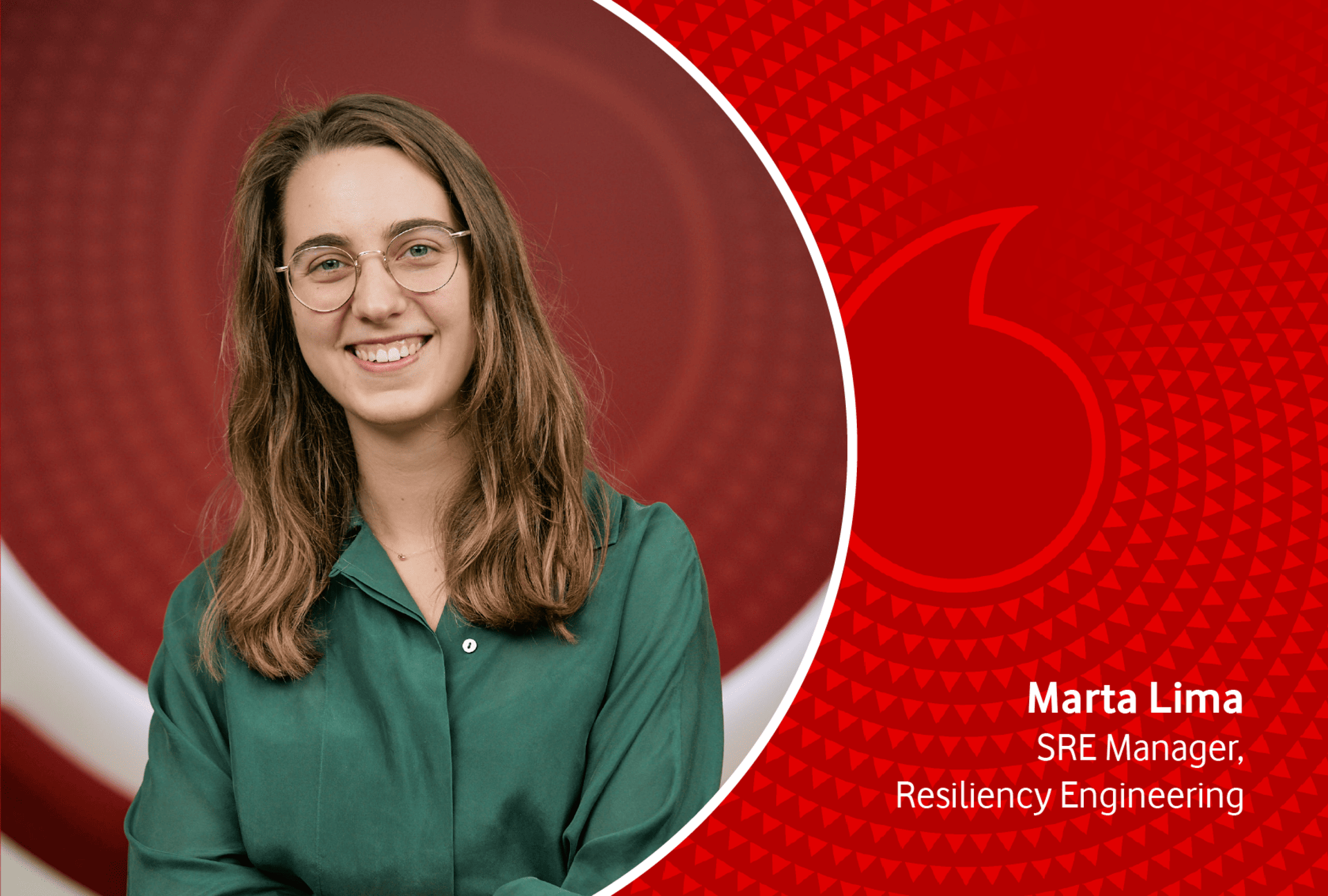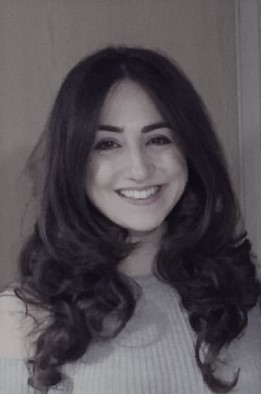
Shaween Jonroy
Senior Legal Counsel, Partner MarketsIt all came to a head the day my mother was shot.
Thanks only to divine intervention, my brother, a toddler sitting on her lap at the time, was unhurt. Had he not moved in the seconds before the bullet struck her leg, it would have hit him in the chest.
Our lives were now at risk on a daily basis.
Feeling isolated
I was born in beautiful Kurdistan, in northern Iraq. We lived there happily, surrounded by friends and family until the conflict deteriorated to the point we had to flee, leaving everything behind.
My father was a surgeon and had built a highly successful practice, my mother was a junior doctor.
Fortunately, we could afford to pay for fake identity papers, with the hope they would get us into Sweden. Unfortunately, we were stopped at the airport and we ended up being stranded in Bulgaria instead.
Eventually, we were granted a visa to legally enter the UK because my father had previously spent over 15 years in England, training to become a doctor. I knew we were incredibly lucky to be safe, but it was still a difficult change.
We had gone from a four-storey house with a pool in a tight knit community to starting from scratch, feeling isolated in a totally different culture - with four of us living in a two-bedroom flat.
I was quite young and when I had to start nursery, I didn't speak a word of English which made it harder to make friendsI didn't look the same, , and often felt out of place. When I was in primary school, there were few ethnic minorities andin a desperate attempt to fit in, I wanted to hide who I really was – I didn’t want to bring my packed lunches to school or speak Kurdish in public.
Because of the language gap, my brother and I were also initially falling behind in our studies. It was tough, but I knew it wasn't as bad as the history of hardships my family had faced.
My grandmother was assassinated right in front of my grandfather. On one of my father’s first night shifts as a surgeon responding to war casualties, he had to conduct 52 amputations in a single night. Now he had to restart his career in the UK, my mother too, and had to retrain and requalify all over again.
Accepting myself and gaining confidence
Despite this adversity, they never gave up. My parents kept learning and working hard - which is an ethos they passed on to me.
Each night, my dad would make me read two extra pages of homework. It felt so unfair but, sure enough, it gradually took me from being behind my peers to getting ahead.
One day, before a school fancy dress party, my mum encouraged me to show off my traditional Kurdish clothes, rather than being a Disney Princess like some of the other girls.
I didn't want to. I didn't want to draw attention to myself. But my mum persuaded me to try it and I ended up winning best outfit.
This was a huge step in my life, because it showed me the power of accepting who you are, the confidence it gives you, and the respect that it earns from others.
Education as a tool for success
Education has always been paramount. It's how my family became doctors in the first place.
I personally wanted to become a lawyer from a young age, perhaps because of my watching Ally McBeal. Like medicine though, law is an incredibly competitive field. The drive to learn, that my parents gave to me, made all the difference.
I got into the third best school in the UK at the time for sixth form, before going to university to study History, after which I earned my second degree in Law.
Finally, this helped me achieve my dream of becoming a lawyer, and after working at small regional firms and boutique city firm, I moved in-house to work at Vodafone, in a role and company which I absolutely love.
Continuously developing at Vodafone
From day one, I’ve been greatly supported by Vodafone in my personal and professional development.
Their hybrid ways of working mean I’m actively encouraged to work flexibly, and this enables me to maintain a healthy work-life balance. I’ve experienced superb support through Vodafone’s maternity policy and upon my return to work, which gives me great ease going into my second maternity leave shortly. Vodafone’s continued support after maternity leave has allowed me to continue my professional progression within Vodafone and to be promoted last year.
Whichever part of the business I’ve worked in, the leadership has served as one of my biggest inspirations and motivators and allowed me to be the best version of myself. To me, they epitomise the Vodafone ‘Spirit’ in everything they do. From Legal Leads to Legal Directors, and even the General Counsel, there is a very open-door, approachable and collaborative ethos. It’s encouraged me to push my professional boundaries working on increasingly complex, cross-border transactions, knowing I am fully supported if and when I should require.
Encouraged to make a difference
Above all, I'm so grateful to be with an organisation that cares about its staff and prioritises giving back to the world. As a Vodafone employee, you have the opportunity to be part of so many meaningful initiatives.
I have been supported to set up our ‘United Women’s Network’ which brings together the knowledge and expertise of our legal team with our panel law firms. I am also part of the Employee Consultation Committee to share our thoughts and ideas with senior members of the UK HR leadership team, and in doing so, helping to shape the way Vodafone is run. Additionally, alongside two colleagues, I’ve created a page called ‘Vodafone Savvy Savers’ to help people co-ordinate the cost of living crisis and highlight all the Vodafone assistance and employee benefits available.
Speaking to other young refugees
Late last year, I was invited to speak to refugees and host community students at Dadaab and Kakuma refugee camps in Kenya, as part of Vodafone Foundation’s Instant Network Schools Leadership Lessons - a series of interactive sessions where leaders are invited to share their story and advice to Instant Network Schools students. I have gotten involved with numerous other Vodafone Foundation charity events (including their matched fundraising initiative) and though I don’t often share my very personal story, I could not have felt more supported and safe to do so. And wow, am I glad I did it!
It was great to engage with these young students, share my story of displacement and answer their questions. My key messages to them were about the importance of education to shape their futures and to encourage them to make the most of every opportunity available.
Sadly, nearly half of all refugee children are out of school. Vodafone Foundation and UNHCR, the UN Refugee Agency, set up the Instant Network Schools (INS) programme, to give young refugees, host communities and their teachers access to digital learning and to improve the quality of education in some of the most marginalised communities in Africa.
To date, there are now 84 INS operating across 6 countries: Egypt, the Democratic Republic of Congo, Kenya, Mozambique, South Sudan, and Tanzania.
Since the programme’s inception, 247,065 children and 4,418 teachers have benefitted, and INS is on track to meet its target of reaching 500,000 students and 10,000 teachers in up to 300 schools by the end of 2025.
I am so privileged to work for an organisation which is much more than just ‘business’. To be given a platform to give back is incredibly rewarding and I am very thankful to Vodafone for continuously providing me with such opportunities both in and outside of our business.
 Albania
Albania 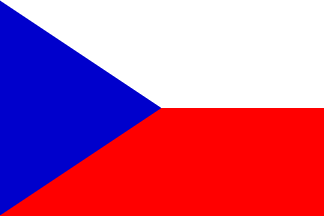 Czech Republic
Czech Republic 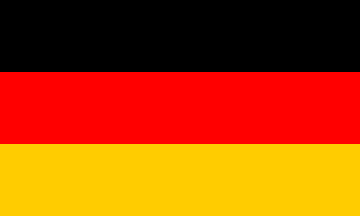 Deutschland
Deutschland 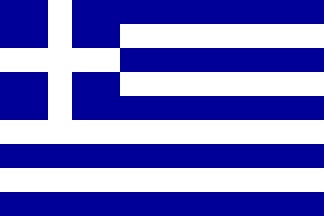 Greece
Greece 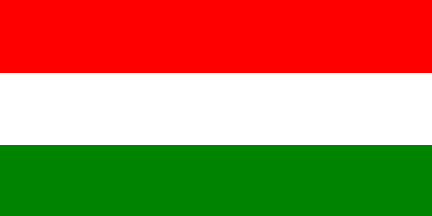 Hungary
Hungary  Ireland
Ireland  Italy
Italy 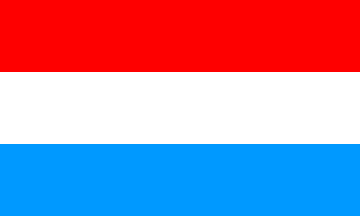 Luxembourg
Luxembourg 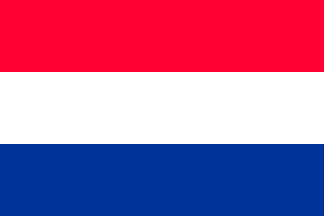 Netherlands
Netherlands 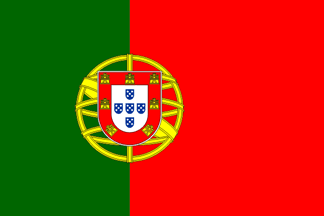 Portugal
Portugal 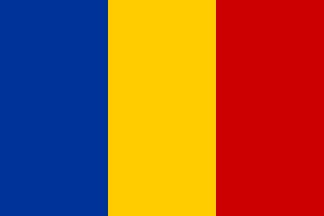 Romania
Romania 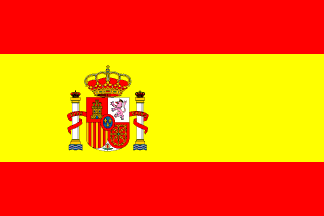 Spain
Spain  United Kingdom
United Kingdom 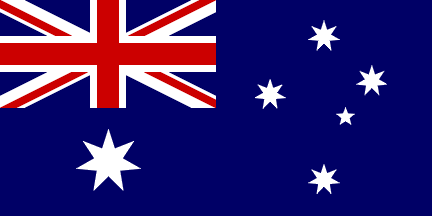 Asia-Pac Middle East
Asia-Pac Middle East 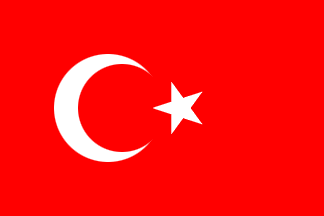 Turkey
Turkey  DR Congo
DR Congo 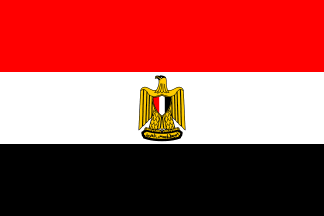 Egypt
Egypt 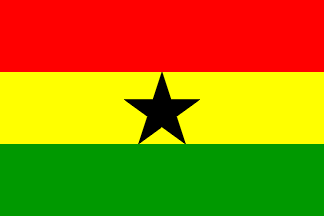 Ghana
Ghana 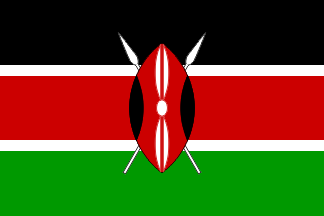 Kenya
Kenya  Lesotho
Lesotho 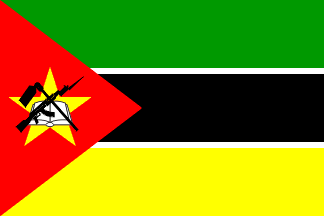 Mozambique
Mozambique  Nigeria
Nigeria 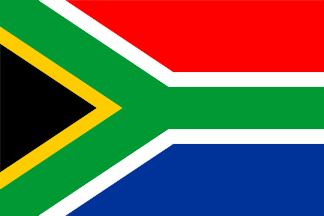 South Africa
South Africa 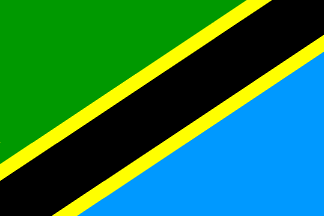 Tanzania
Tanzania 